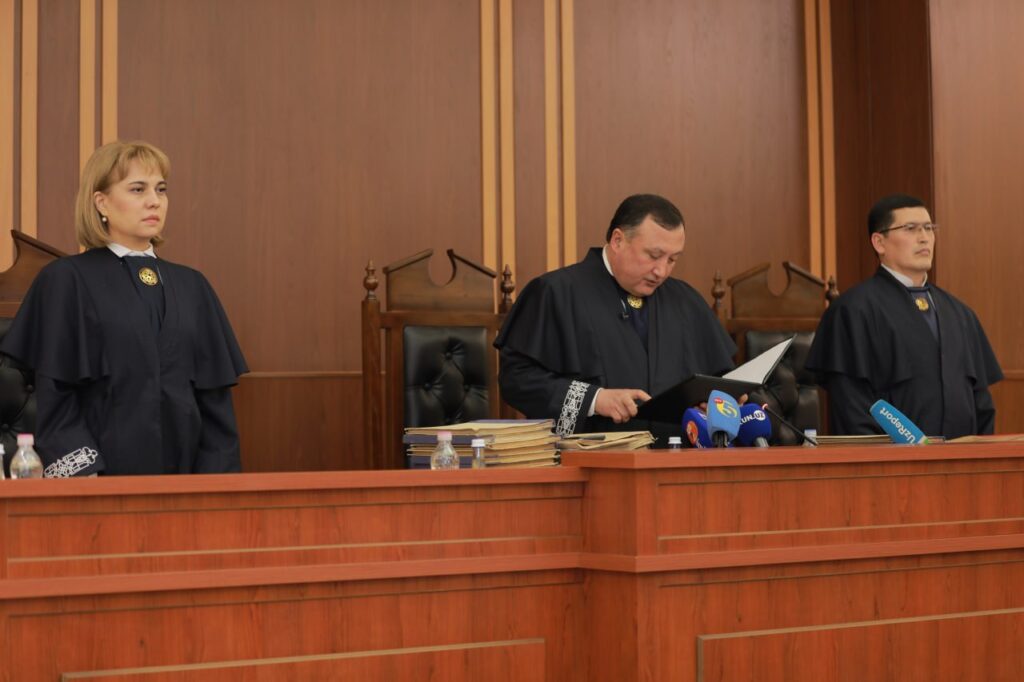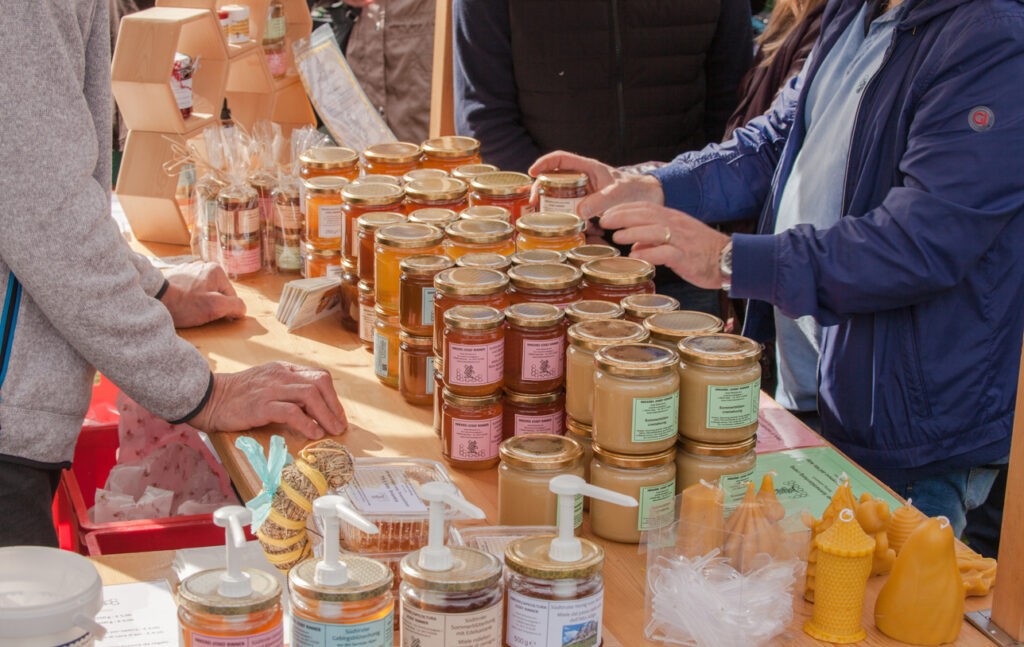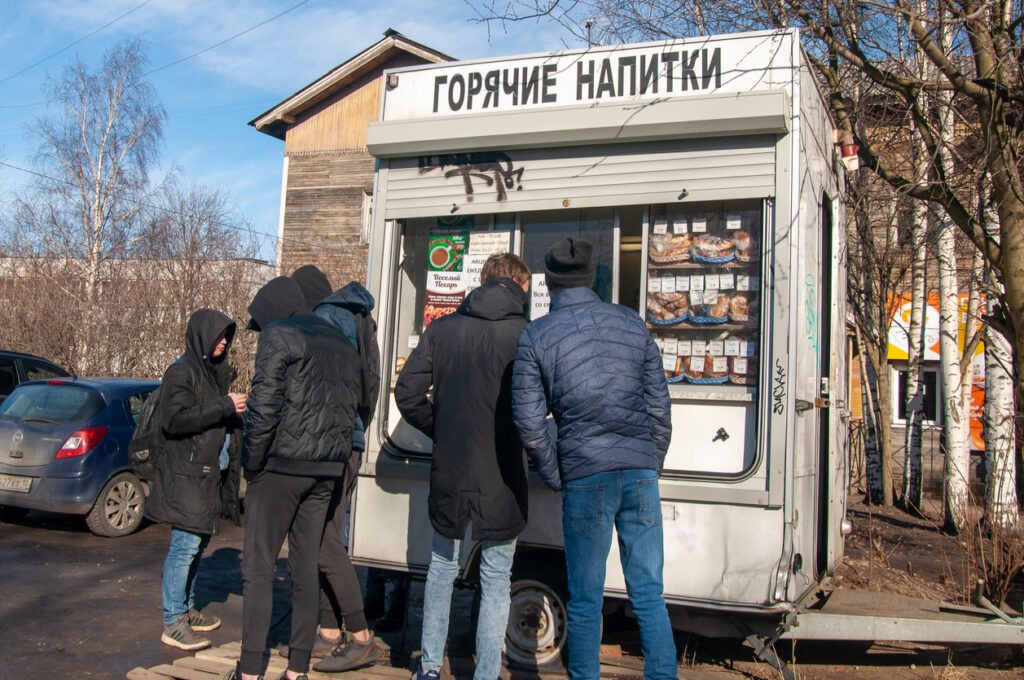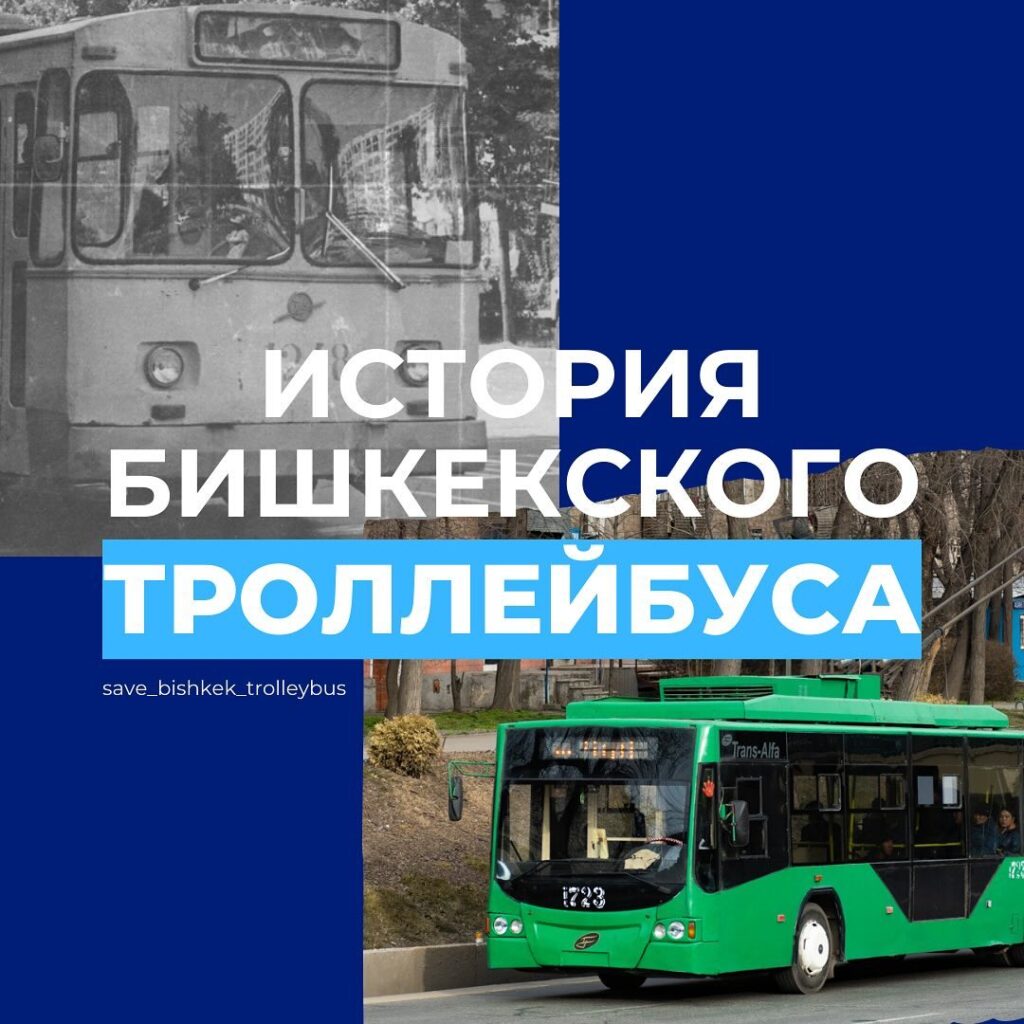Uzbekistan’s Supreme Court Vacates Convictions of 198 Victims of Stalinist Repressions
On May 6, the criminal trial panel of the Supreme Court of Uzbekistan considered 11 criminal cases involving 198 people who were unjustly punished by court verdicts over the period of 1930–1938, according to the press services of the Supreme Court of the Republic of Uzbekistan.
Among those acquitted are high-ranking officials who held positions in the judicial system. Most of them were sentenced to death or long-term imprisonment with confiscation of property according to verdicts handed down by the Criminal Trial Committee of the Supreme Court of the Union of Soviet Socialist Republics on June 21, 1930.
The vacating of those convictions was carried out according to a decree issued by President Shavkat Mirziyoyev dated October 8, 2020, titled “On further study of the legacy of repression victims and additional measures to perpetuate their memory.” In order to ensure the implementation of the decree, a working group at the republican level was established to further study the legacy of repression victims, as well as organizing and coordinating the work of perpetuating their memory.
After the approval of that “road map” for clearing the names of the victims of repression and perpetuating their memory, the scope of research on identifying victims was expanded, and officials were given the opportunity to use the departmental archives of ministries and agencies.
Over the course of its efforts, the working group identified 1,031 people who were repressed during the Soviet-era, who subsequently had their convictions vacated.








